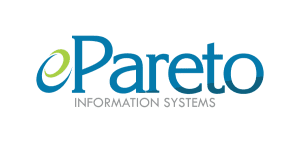Ethnic groups
There are about 18 ethnic groups that exhibit similar cultural features, such as secret societies, chieftaincy, patrilineal descent, and farming methods. The Mende, found in the east and south, and the Temne, found in the centre and northwest, form the two largest groups. Other major groups include the Limba, Kuranko, Susu, Yalunka, and Loko in the north; the Kono and Kisi in the east; and the Sherbro in the southwest. Minor groups include the coastal Bullom, Vai, and Krim and the Fulani and Malinke, who are immigrants from Guinea concentrated in the north and east. The Creoles—descendants of liberated blacks who colonized the coast from the late 18th to the mid-19th century—are found mainly in and around Freetown. Throughout the 19th century, blacks from the United States and West Indies also settled in Sierra Leone. Ethnic complexity is further enhanced by the presence of Lebanese and Indian traders in urban centres.


